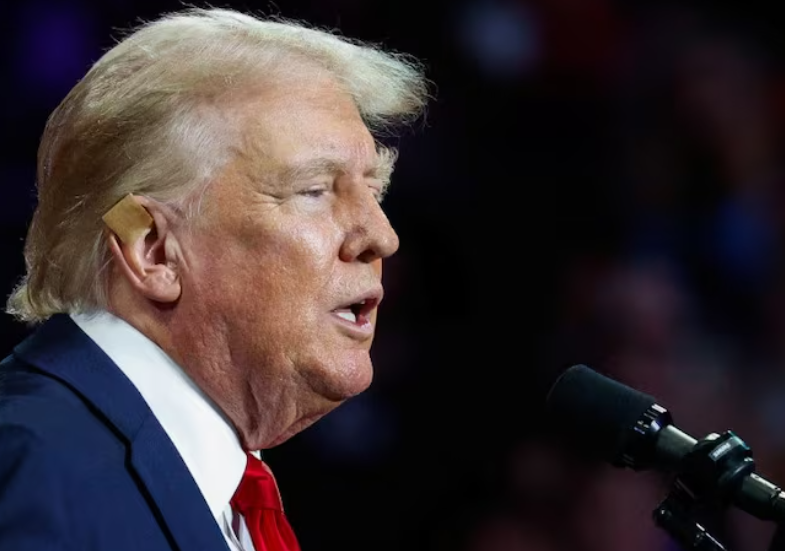Prosecutors and lawyers for Donald Trump will appear in court on Thursday to determine the timeline for resuming the 2020 election subversion case against the Republican presidential candidate. This follows the U.S. Supreme Court’s ruling that former presidents possess broad immunity from prosecution. U.S. District Judge Tanya Chutkan in Washington will consider proposals from special counsel Jack Smith, who aims to expedite the case, and Trump, who seeks to delay proceedings until after the Nov. 5 presidential election. The Supreme Court directed Chutkan to assess whether portions of the case should be dismissed.
Trump, who will not attend the hearing, faces four criminal charges accusing him of using false claims of voter fraud to undermine the election and obstruct the certification of his loss to Democratic President Joe Biden. Trump’s immunity claim delayed the case for months, making a trial before the election against Vice President Kamala Harris unlikely.
Trump argues that the prosecution, along with other legal cases against him, are politically motivated efforts to derail his campaign. His lawyers plan to enter a not guilty plea to a revised indictment Smith obtained last month. This follows the Supreme Court’s 6-3 decision, which found former presidents immune from criminal prosecution for actions taken as part of their official duties.
The new indictment retains the four charges from last year but omits an allegation that Trump pressured the U.S. Justice Department to assist in his effort to stay in power. The Supreme Court ruled that Trump could not face prosecution for those actions. Smith contends that the remaining allegations fall outside the scope of the immunity ruling and can proceed to trial. Prosecutors have stated they are ready to submit court papers defending this position whenever the court deems appropriate.
Trump’s legal team, however, suggests that Chutkan delay consideration of the immunity ruling’s impact until after the election in December. If Trump wins the election, he is expected to instruct the Justice Department to dismiss the charges. Additionally, Trump’s lawyers intend to argue that Smith’s appointment as special counsel violates the U.S. Constitution, an argument that previously convinced a Florida judge to dismiss another case against Trump involving classified documents. Smith’s office is appealing that decision. The federal appeals court in Washington has previously upheld the authority of special counsels to manage sensitive investigations.

